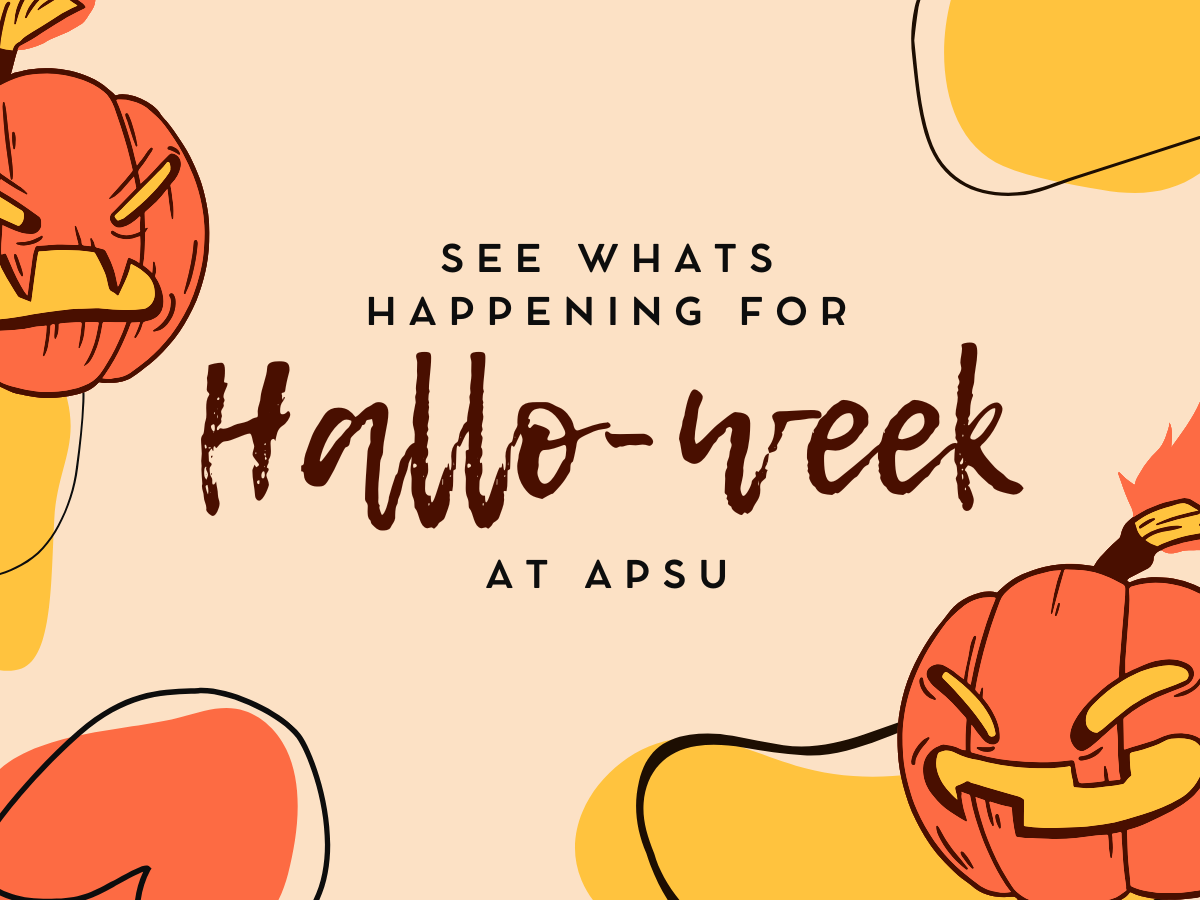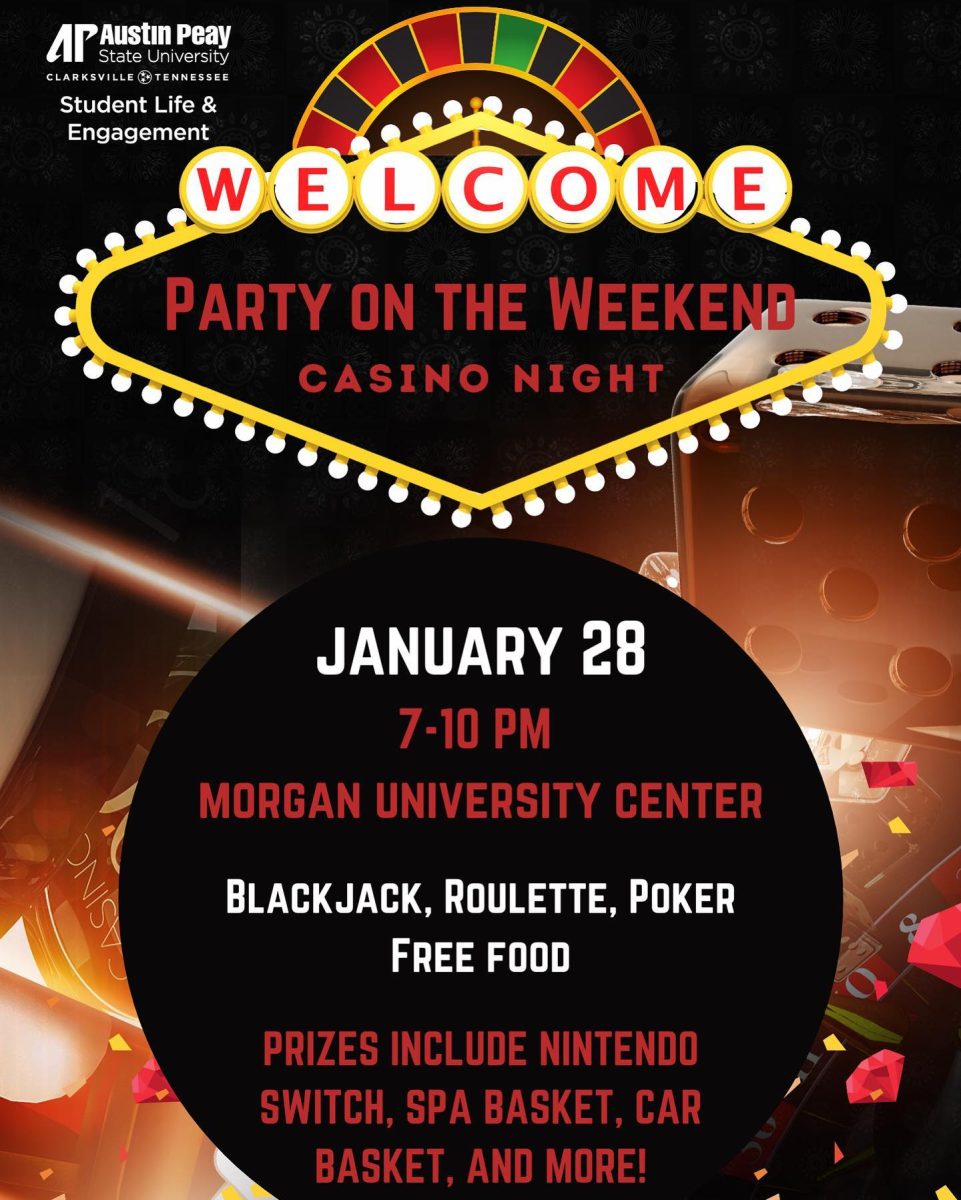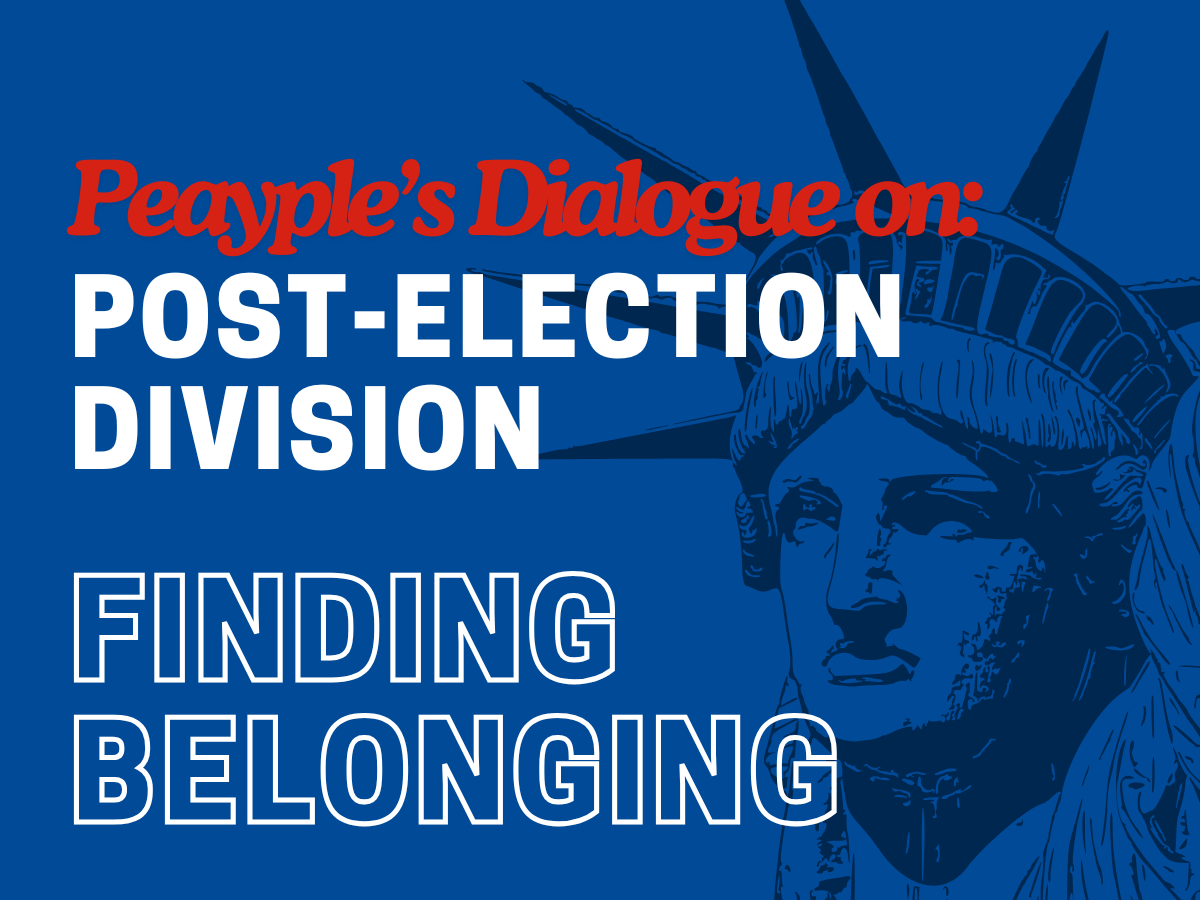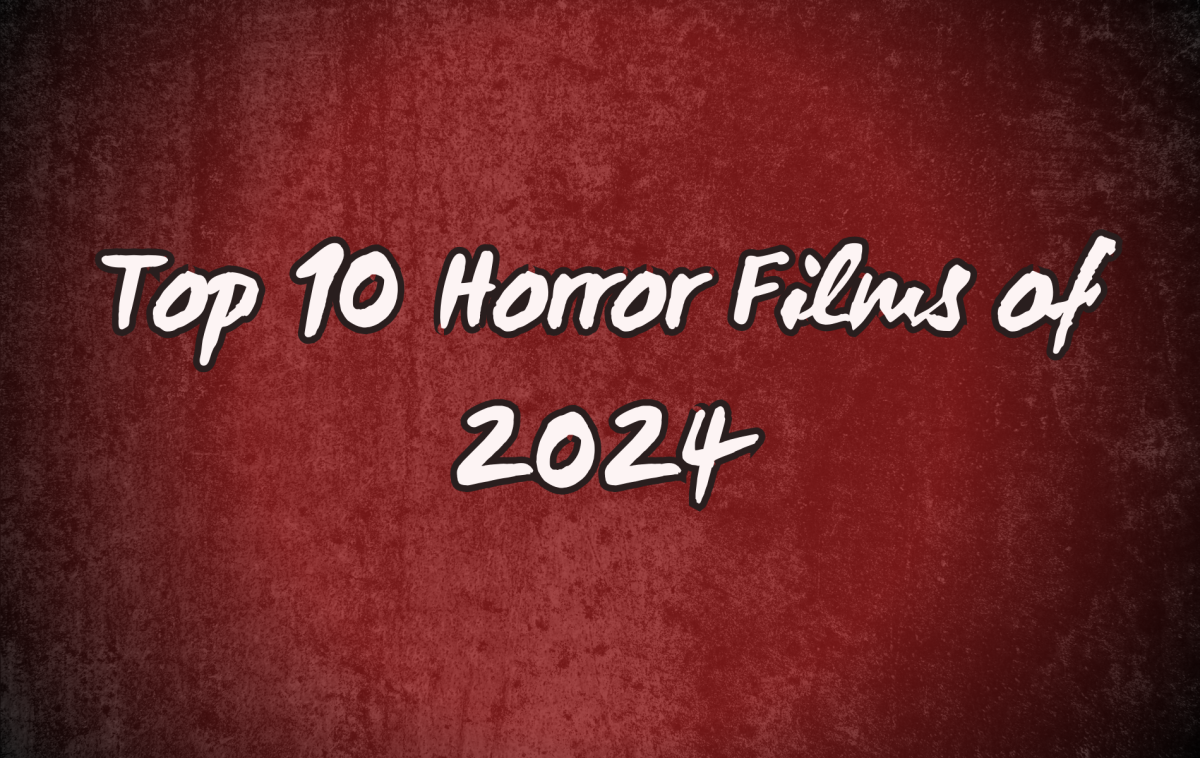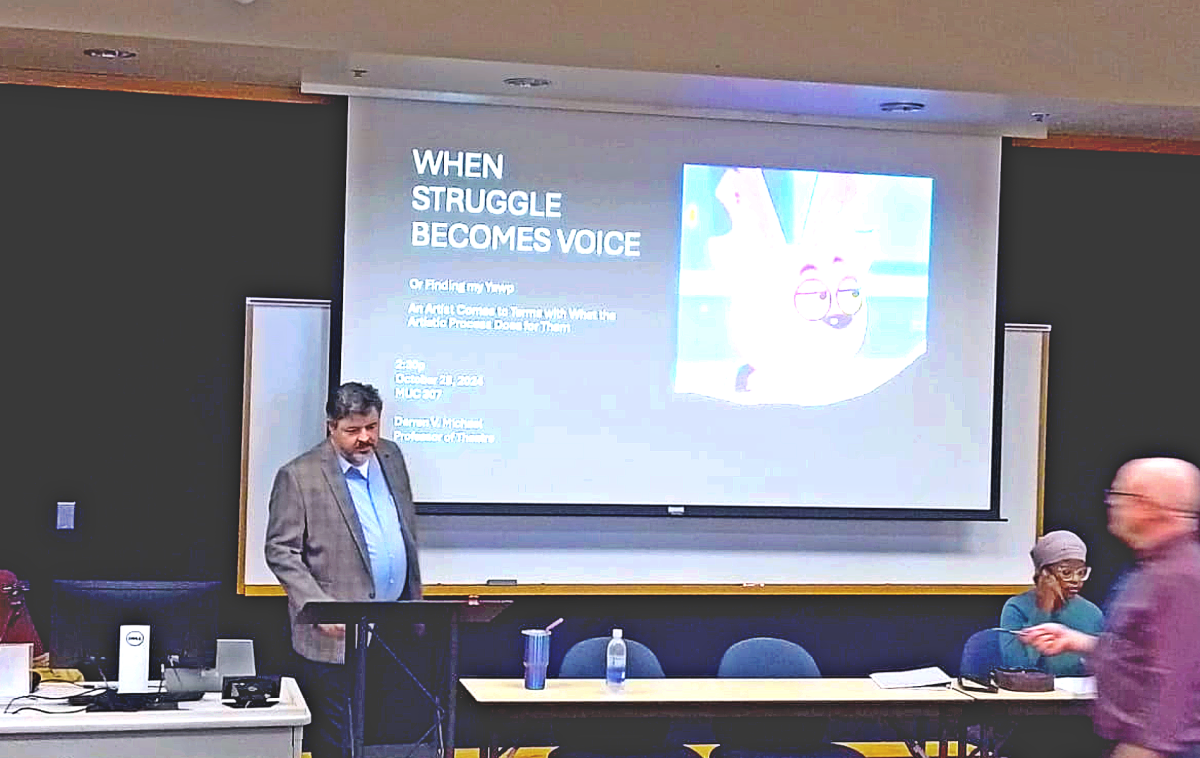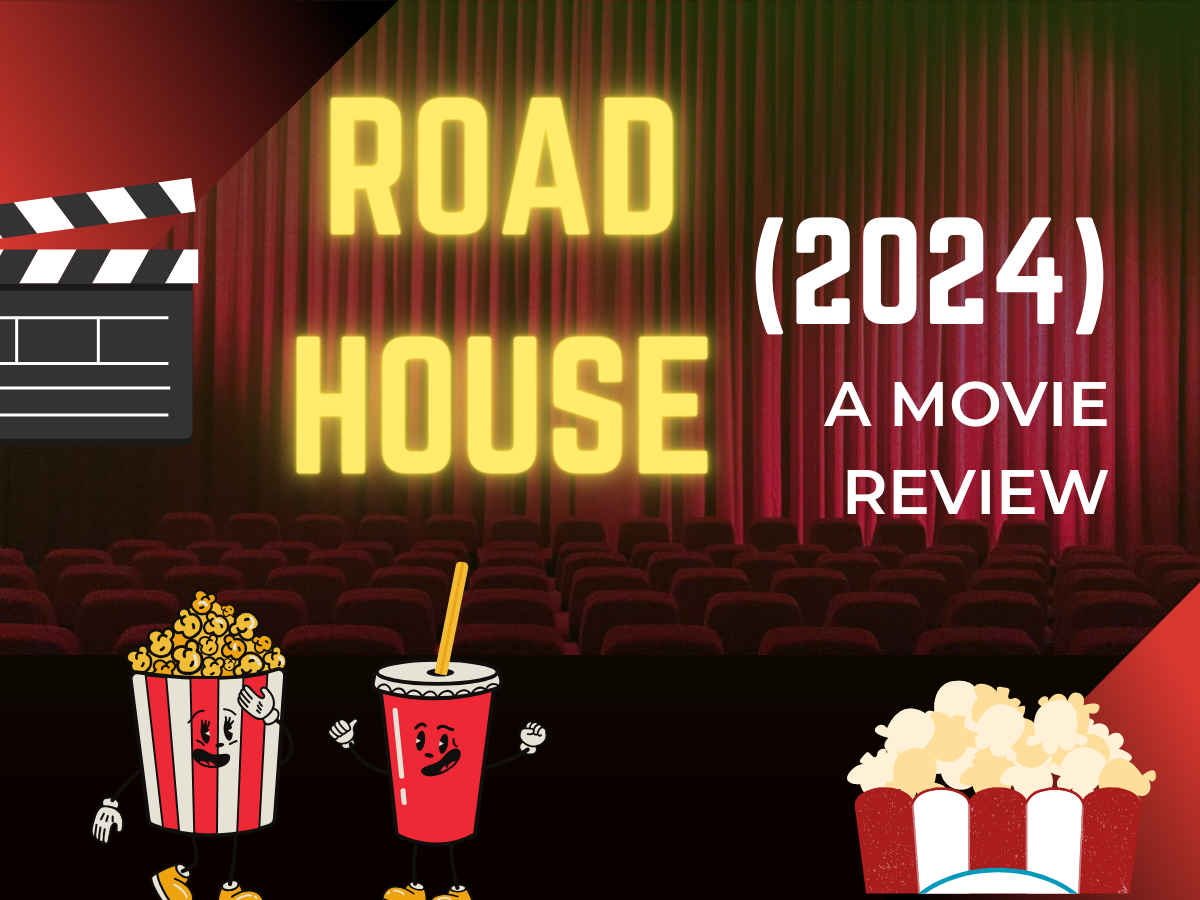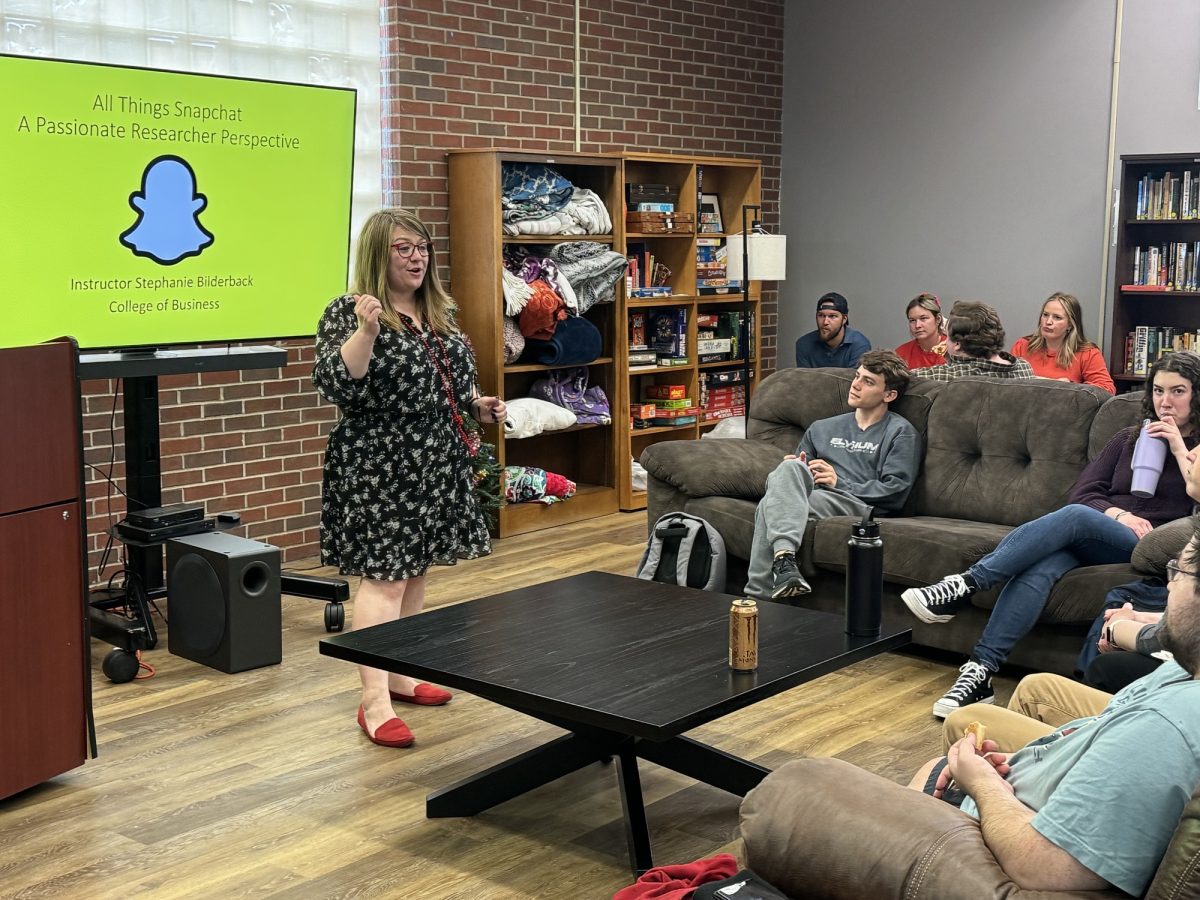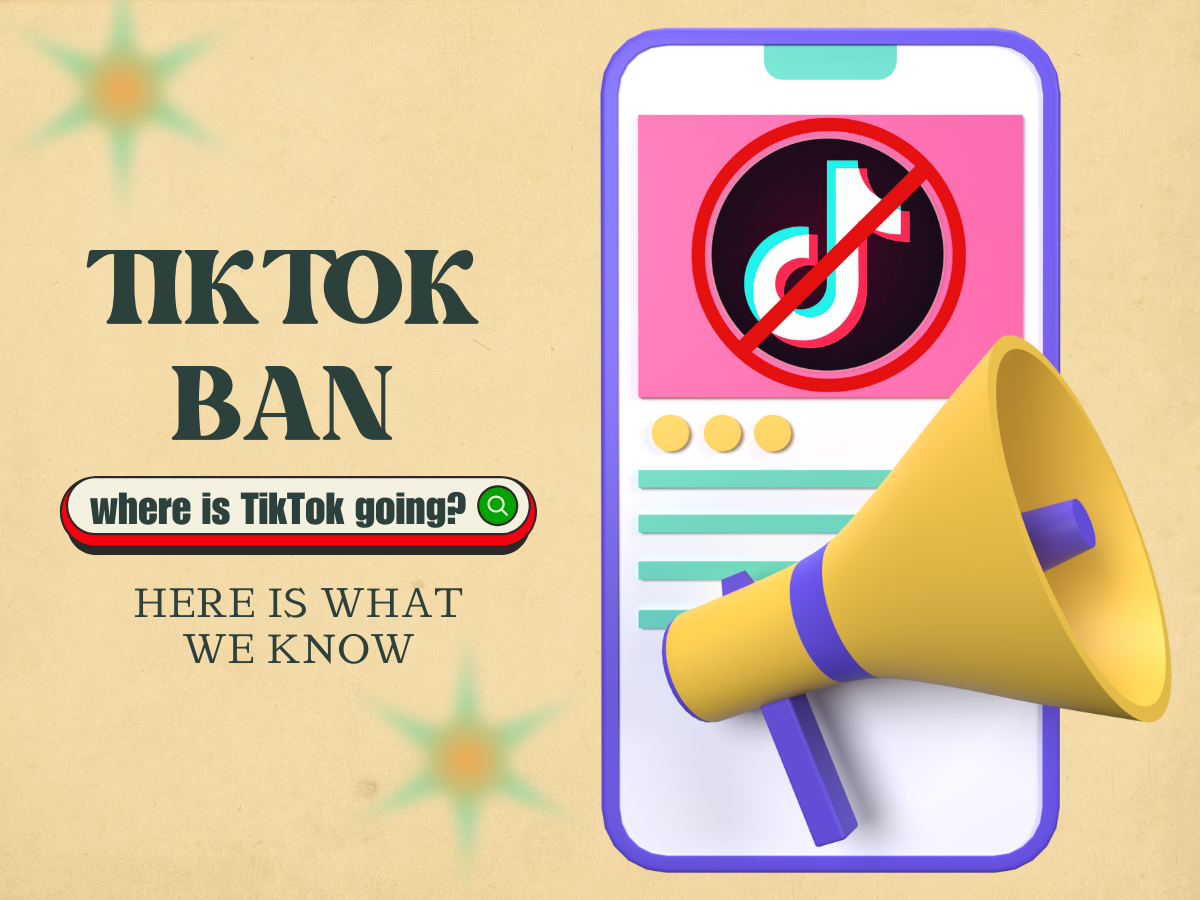Amy Duncan’s senior art exhibit “Words Are Hard” was displayed in the Trahern Gallery the week of March 30.
The piece is a collection of 100 foldable cards of varying sizes, from a multipage one as small as a thumb displayed in a glass box to a large piece of printer paper. Each card had a saying or quote on them, broken into two sections with one on the top of the card and one under the fold. Duncan says this is intended to invite the viewer to “physically open the card as the only means of getting the full interpretation. This exchange between the viewer and the work is so critical for the exhibition and its success.”
Brendan Byers, a sophomore and friend of Duncan’s, said the exhibit fascinated him.
“I’ve been to another one of Amy’s pieces,” Byers said. “They’re really good. You can tell a lot of work went into making these cards.” He said the best part of the presentation was the uniqueness of each card.
“They’re all different and honest,” Byers said. “They really highlight social interactions.”
Duncan said the collection took about a year to make. “It’s been a whole year of painstaking work,” Duncan said. “It’s a little obnoxious, I’ll admit, but I see it as a culmination of a body of work.” One of the things Duncan said she enjoys most about the work is the way different people react to different cards. Some examples of the cards include “Parenting: The more you ‘No,’” and “Humility is the sexiest thing I know.”
Duncan described the experience as liberating.
“This project is very much out of my comfort zone, but it was necessary to grow,” Duncan said. Duncan said she chose hard-to-approach subjects.
“I really enjoyed it,” Duncan said. “It’s fun to step back and look at my finished work, coming up with new ideas. It makes me feel more confident.”
Duncan has done other projects on campus, as well, often involving “people with multiple eyes and normal emotions. Still relationship-based, but [with] different perspectives.”
A plaque detailing the exhibit, written by Duncan, said, “The irony of my cards is that in the research of exploring more effective ways to communicate, the more eloquent way of speaking didn’t necessarily trump the stumbling, yet explanatory, methodology.
“In fact, the preference by most seems to be the honest and messy declaration that said what it needed versus perhaps a more intelligent or poignant approach. By focusing my attention to the strange, the awkward and the unnoticed, I believe I have brought awareness that could potentially lead to some change in the way my generation communicates.”


